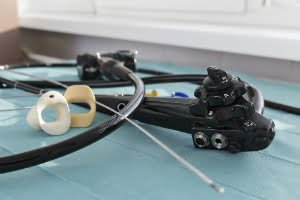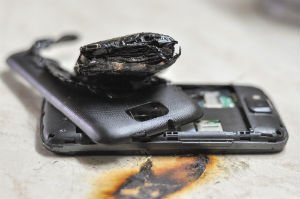 According to a new Senate report, the Food and Drug Administration waited 17 months to tell the public and physicians about the dangers of gastrointestinal medical scopes and superbug infections spread by contamination of the devices.
According to a new Senate report, the Food and Drug Administration waited 17 months to tell the public and physicians about the dangers of gastrointestinal medical scopes and superbug infections spread by contamination of the devices.
Between 2012 and 2015, contaminated scopes were tied to a minimum of 25 various superbug infections that impacted 250 patients worldwide. This figure is higher than previously thought by government regulators.
The scope implicated in the controversy is an Olympus duodenoscope used in hospital settings for gastrointestinal procedures to treat and identify pancreas, liver and bile duct conditions, along with other diseases.
The scopes are maneuvered down the esophagus and into the small intestine and an estimated 660,000 plus procedures are performed per year with these scopes. They are frequently used for patients with cancer related blockages.
Senator Patty Murray commissioned the Senate Committee on Health, Education, Labor and Pensions report after an outbreak of drug resistant infections linked to the duodenoscopes at the Virginia Mason Hospital and the Medical Center in Seattle.
The Food and Drug Administration stated they would take into consideration the Senate report’s recommendation to reduce bacterial infections.
In 2015, the FDA said the scopes should be more thoroughly cleaned with additional steps in the cleansing process.
However, after a whistleblower contacted the press, an investigation revealed that a defect in the product allows organic tissue to get trapped inside the device, and the manufacturer-recommended cleaning method does not remove the contamination.
In addition, Congress passed a device ID law that would include ID numbers on medical devices and also in insurance and Medicare records. This way, regulators and doctors could more easily figure out which device is harming patients. However, a national system has not been implemented by the federal Medicare agency.
Located in Japan, the three device creators of duodenoscopes are the Pentax divisions of Hoya Corp., Olympus Medical Systems Corp. and Fujifilm Holdings Corp.
Olympus stated they are not in agreement about the entire report while Fujifilm said their number one priority is patient safety. Pentax said they will work with the U.S. government to reduce infections.
If you have suffered a serious infection due to a defective medical device, contact one of our experienced South Bend personal injury lawyers at the law offices of Pfeifer, Morgan & Stesiak today to discuss your legal options. We will fight for your justice.
Call (574) 444-0741 today for a free consultation.












